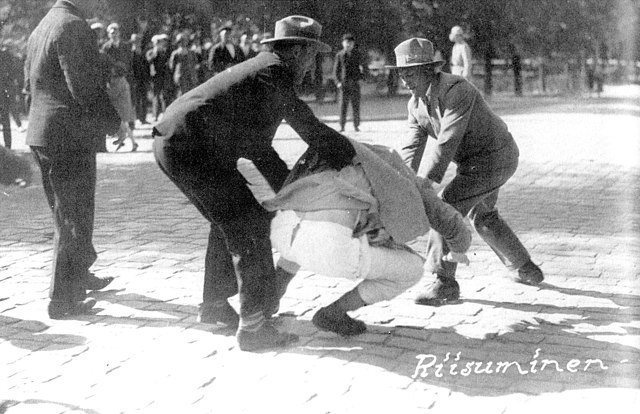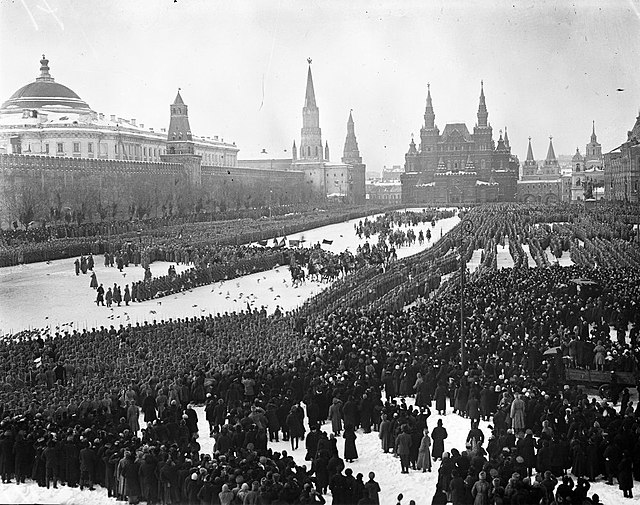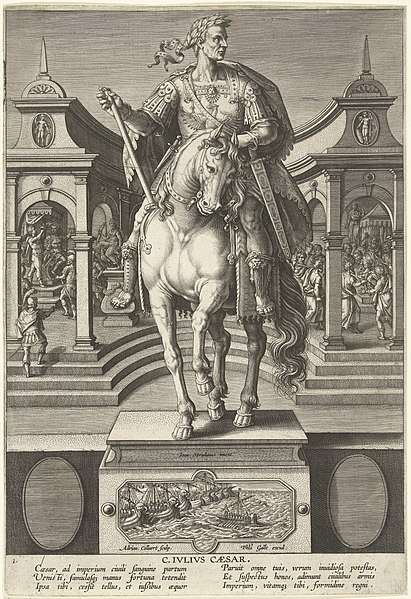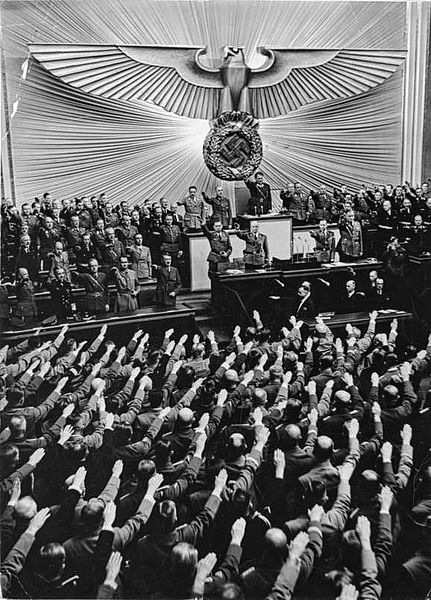Political repression is the act of a state entity controlling a citizenry by force for political reasons, particularly for the purpose of restricting or preventing the citizenry's ability to take part in the political life of a society, thereby reducing their standing among their fellow citizens. Repression tactics target the citizenry who are most likely to challenge the political ideology of the state in order for the government to remain in control. In autocracies, the use of political repression is to prevent anti-regime support and mobilization. It is often manifested through policies such as human rights violations, surveillance abuse, police brutality, imprisonment, involuntary settlement, stripping of citizen's rights, lustration, and violent action or terror such as the murder, summary executions, torture, forced disappearance, and other extrajudicial punishment of political activists, dissidents, or general population. Direct repression tactics are those targeting specific actors who become aware of the harm done to them while covert tactics rely on the threat of citizenry being caught. The effectiveness of the tactics differ: covert repression tactics cause dissidents to use less detectable opposition tactics while direct repression allows citizenry to witness and react to the repression. Political repression can also be reinforced by means outside of written policy, such as by public and private media ownership and by self-censorship within the public.

Members of the right-wing Lapua Movement assault a former Red Guard officer and the publisher of the communist newspaper at the Vaasa riot on June 4, 1930, in Vaasa, Finland.
Autocracy is a system of government in which absolute power is held by the ruler, known as an autocrat. It includes most forms of monarchy and dictatorship, while it is contrasted with democracy and feudalism. Various definitions of autocracy exist. They may restrict autocracy to cases where power is held by a single individual, or they may define autocracy in a way that includes a group of rulers who wield absolute power. The autocrat has total control over the exercise of civil liberties within the autocracy, choosing under what circumstances they may be exercised, if at all. Governments may also blend elements of autocracy and democracy, forming an anocracy. The concept of autocracy has been recognized in political philosophy since ancient times.
The coronation of Louis XVI of France (Gabriel François Doyen, 1775)
The Russian Revolution led to the replacement of the autocratic Russian Empire with the autocratic Soviet Union.
Julius Caesar (engraved c. 1587 – c. 1589)
Members of the Nazi Party salute Adolf Hitler in 1940





